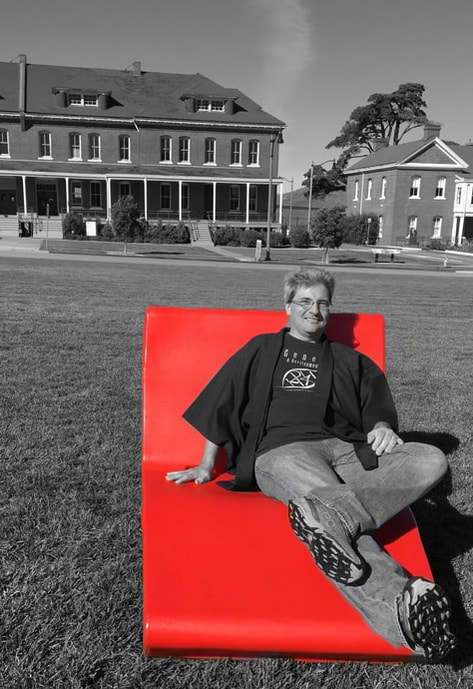|
Andrei Goga, MD PhD
UCSF Professor, Dept. Cell & Tissue Biology and Dept. of Medicine, Heme / Onc. Andrei Goga is a basic investigator as well as a medical oncologist whose lab is focused on studies of oncogene signaling and the identification of new therapeutic strategies to target currently undrugable oncogenes. He received prior basic science training in the lab of Dr. Owen Witte, studying aspects of BCR-ABL oncogene signaling (PhD) and Drs. David Morgan and J. Michael Bishop studying aspects of cell cycle deregulation in MYC-driven cancers (post-doc). He began his independent lab at UCSF in 2007 which is currently comprised of about 7 post-doctoral fellows, 2 graduate students, and several technicians. Dr. Goga received prior scholar awards from the Susan Komen Foundation, the Leukemia Lymphoma Society, and a CDMRP Breast Cancer Research Program Era of Hope Award. He is currently holds the Gazarian Presidential Endowed Chair at UCSF. |
